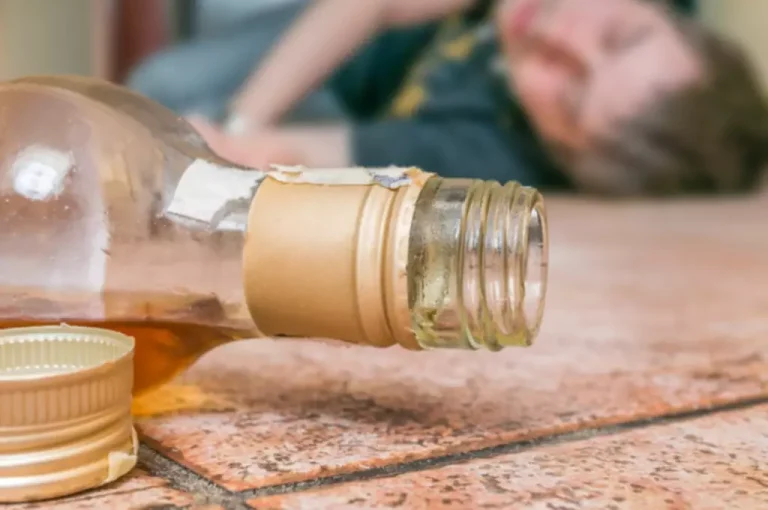
While dating can boost a person’s self-esteem, a breakup can seriously affect their physical and mental well-being. Someone who’s already experiencing mental health issues may find their symptoms intensify. While a romantic relationship can eventually be a life goal, rushing into one during the first year of recovery may present some challenges to a person creating a new, sober life.
Time Management in Recovery
Ashley proceeded to obtain a Master of Social Work from Our Lady of the Lake University in 2017. Halfway house She began her career as a Correctional Mental Health Social Worker at Montford State Psychiatric Prison/Hospital in Lubbock, TX in 2014. She has been employed part-time with Stages of Recovery since February 2019 as a Mental Health Counselor, co-leading early recovery groups and taking on individual clients. Ashley and her husband Paul, have four daughters, Sophie, Harper, Sawyer, and Bowen and a dog named Lincoln.
What are the benefits and risks of dating someone in recovery?
After all, this would require you to stretch yourself extremely thin, putting additional stress on you that, in all https://ecosoberhouse.com/ likelihood, could even culminate in a relapse. Discover Senate Bill 1180’s impact on addiction and recovery, healthcare, and the future of treatment options. The feeling of belonging that comes from supportive relationships helps combat loneliness and depression, which can be prevalent in those recovering from addiction.
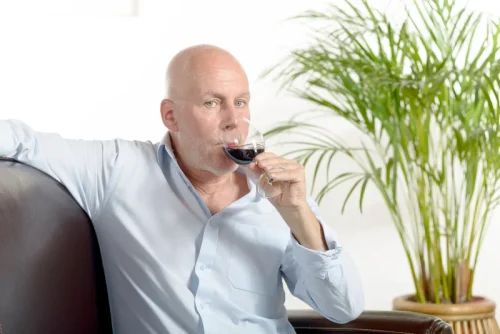
Stephen “Medley”
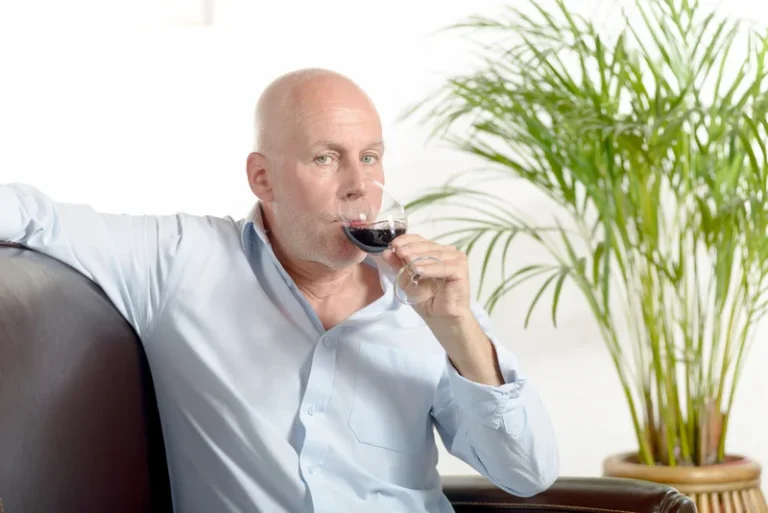
When you find someone you want to start a relationship with, take it slow. This could mean that the first few dates won’t be very “romantic,” or that there’s little physical contact on dates, or that sexual activity is put off for a long period of time. Just like our advice to stay single for a year, this might sound needlessly strict or limiting, but taking it slow allows you to recognize red flags in a potential partner. The things people seek out in a relationship—need fulfillment, emotional stability, security—are things romantic relationships in recovery that are important to find in yourself.
- Individuals in recovery often relate deeply to each other’s challenges, providing necessary emotional support.
- It is recommended to wait a full year before dating and ensuring that you have developed a strong support network.
- When unprocessed and unhealed, relational trauma can impede a person’s ability to be fully present and vulnerable.
- We offer alcohol and drug detox services, dual-diagnosis addiction treatment, medication-assisted treatment (MAT) and more.
- Recovery has an emotional and psychological impact on personal relationships.
- This tactic of manipulation keeps victims emotionally entwined with the abuser.
AA cautions against distractions that romantic involvement can bring, which might detract from the essential focus on recovery activities like attending support groups and maintaining sobriety goals. Engaging in relationships too soon can replicate addictive patterns and emotional turmoil, potentially leading to relapse. Therefore, prioritizing recovery and developing strong personal foundations is essential before forming new relationships. When you are newly sober, you have not had the time to develop healthy ways of dealing with life and the emotions that come with it. This means that whenever you are feeling uncomfortable, you are likely to turn to the other person in the relationship for comfort. If you do this, you will not have the chance to develop healthy coping mechanisms, which is an integral part of the early recovery process.
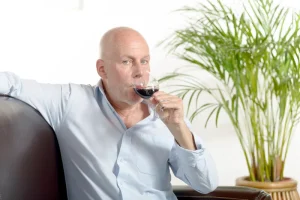
You increase your chances of staying sober
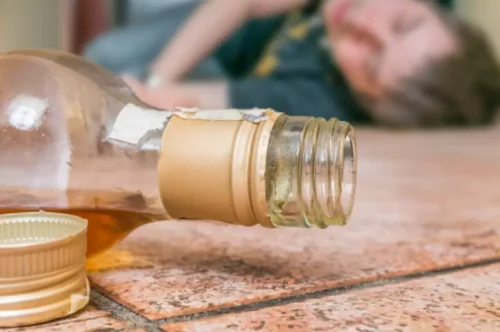
At the end of these programmes, a new person awaits – someone who has begun the transformative journey to rebuild trust and is free from substance use. Consistently showing up when you say you will and following through on promises is critical to rebuilding relationships and credibility. If family members request that certain topics remain off-limits or that you refrain from certain behaviours, honour their wishes. O’Dell defines Wealth as “The relentless pursuit of a desired lifestyle, and the strategic maintenance of that lifestyle”- Stephen O’Dell.
